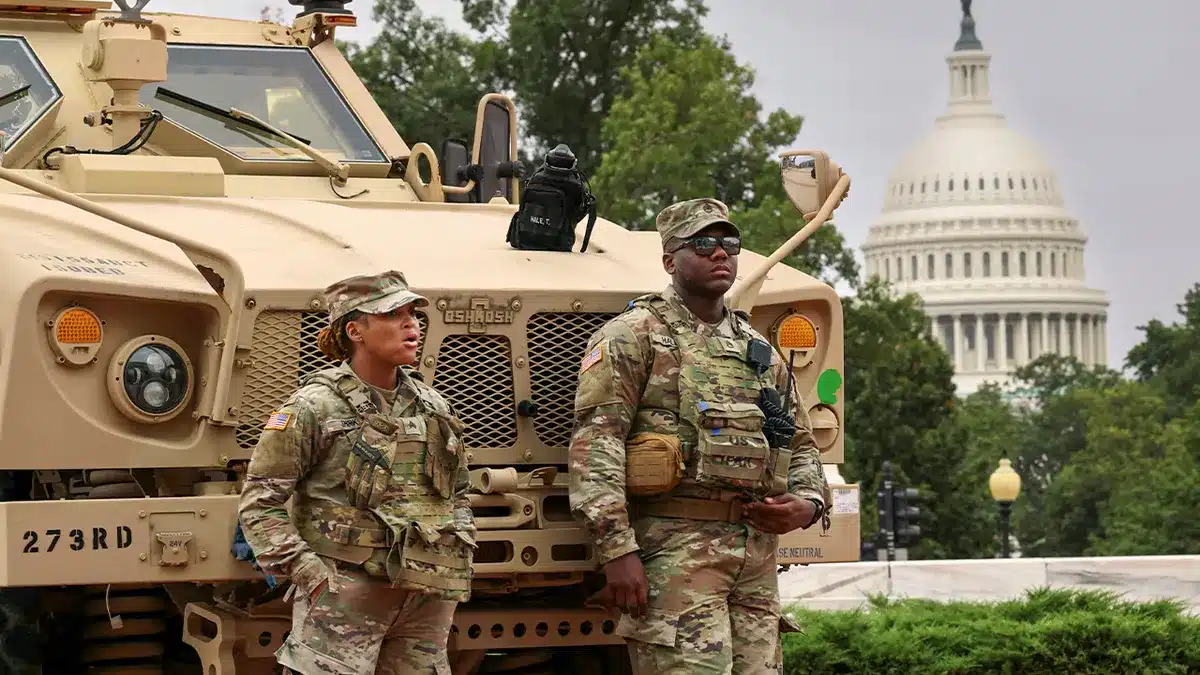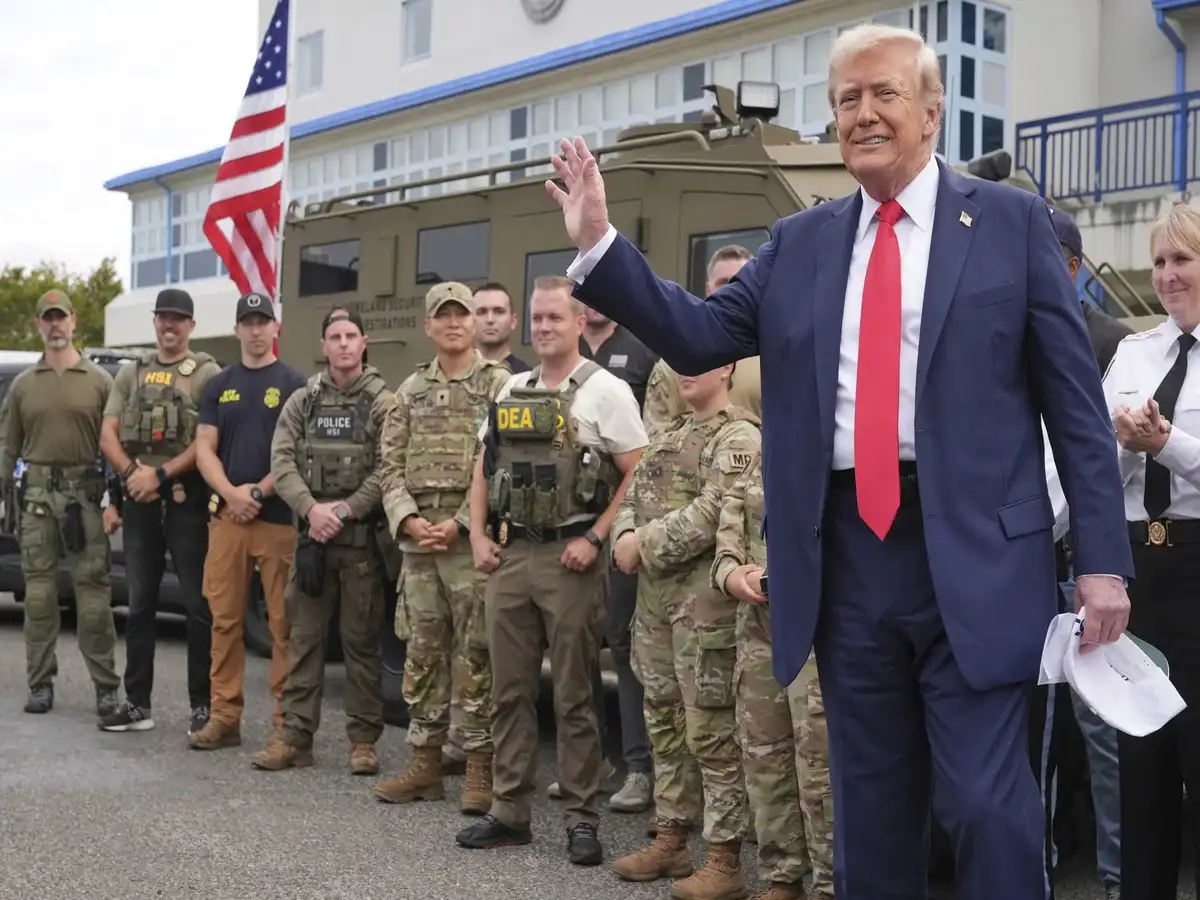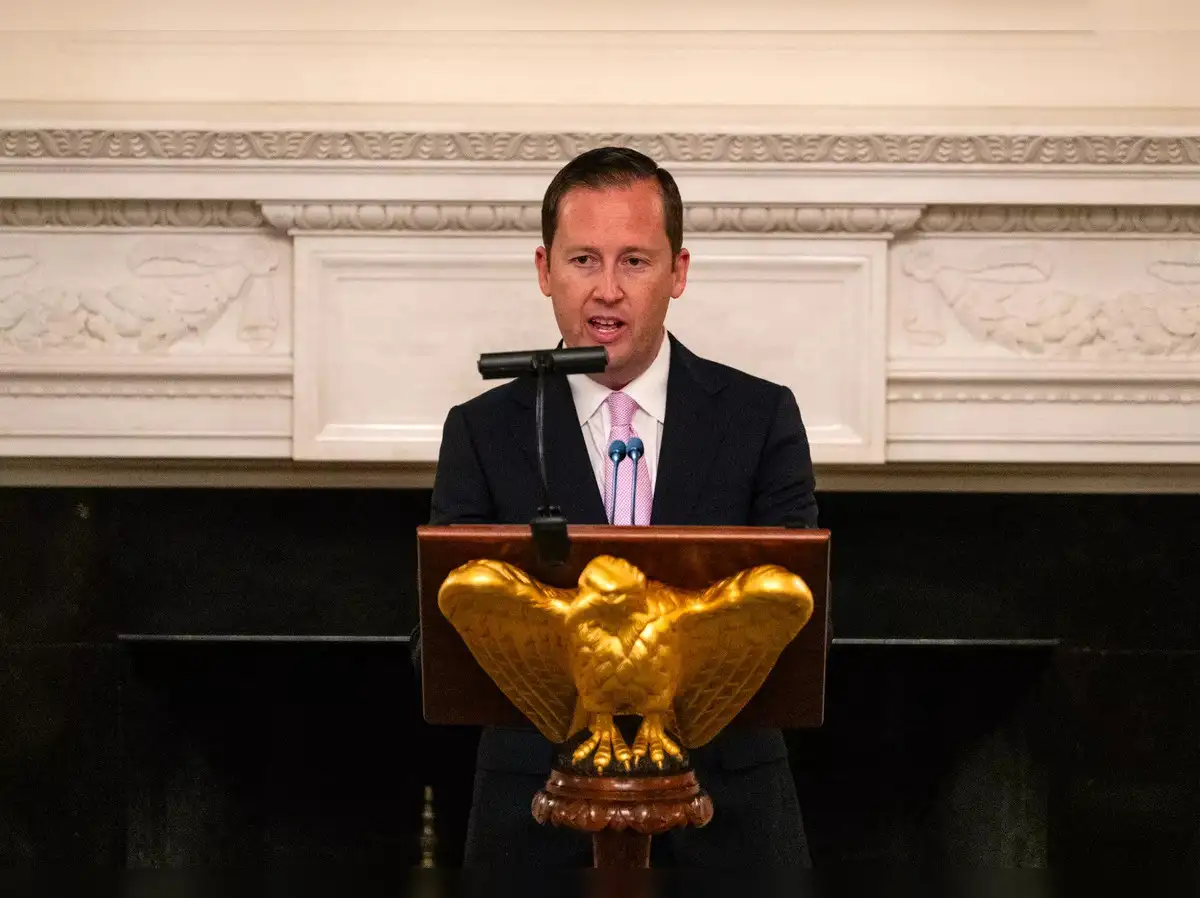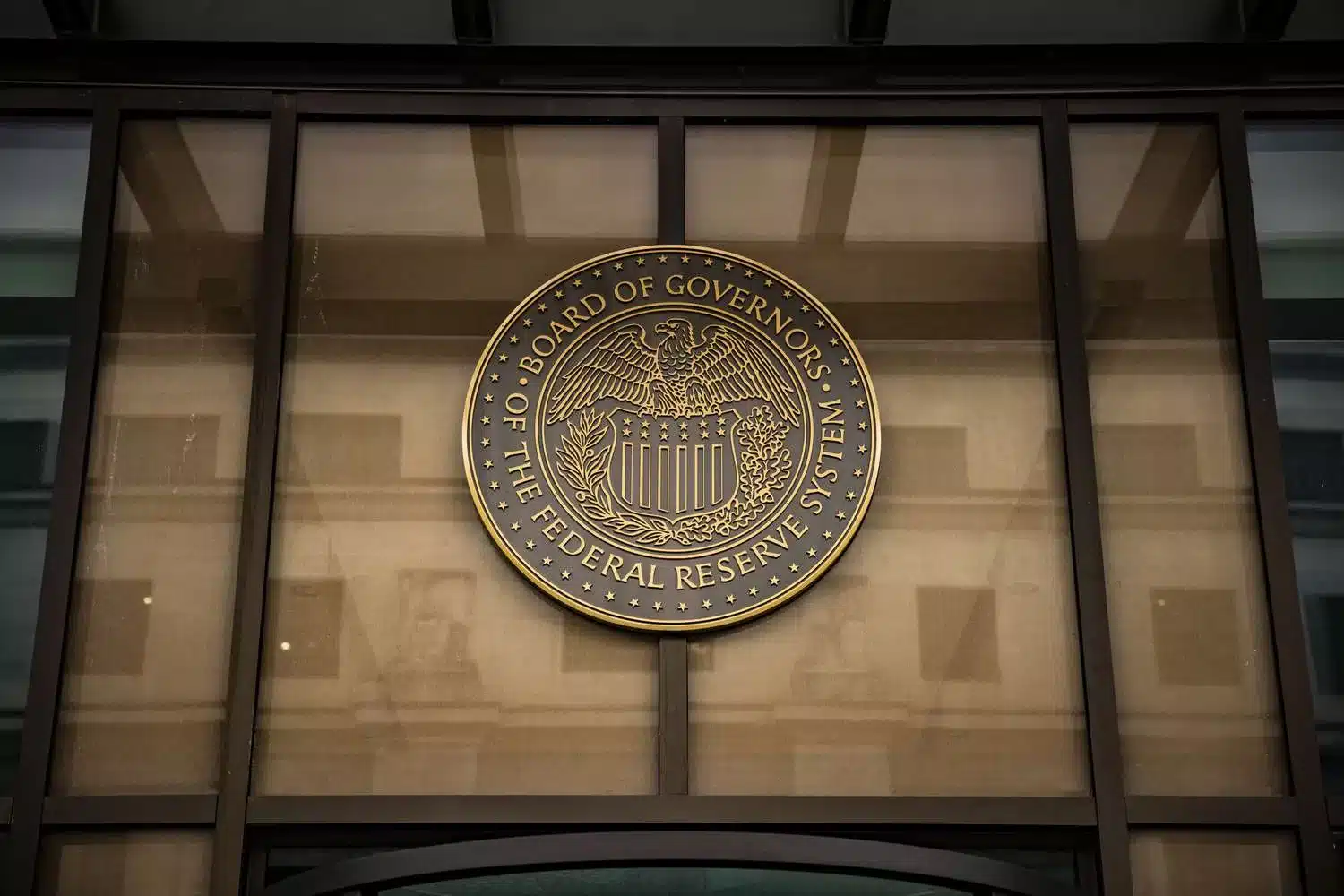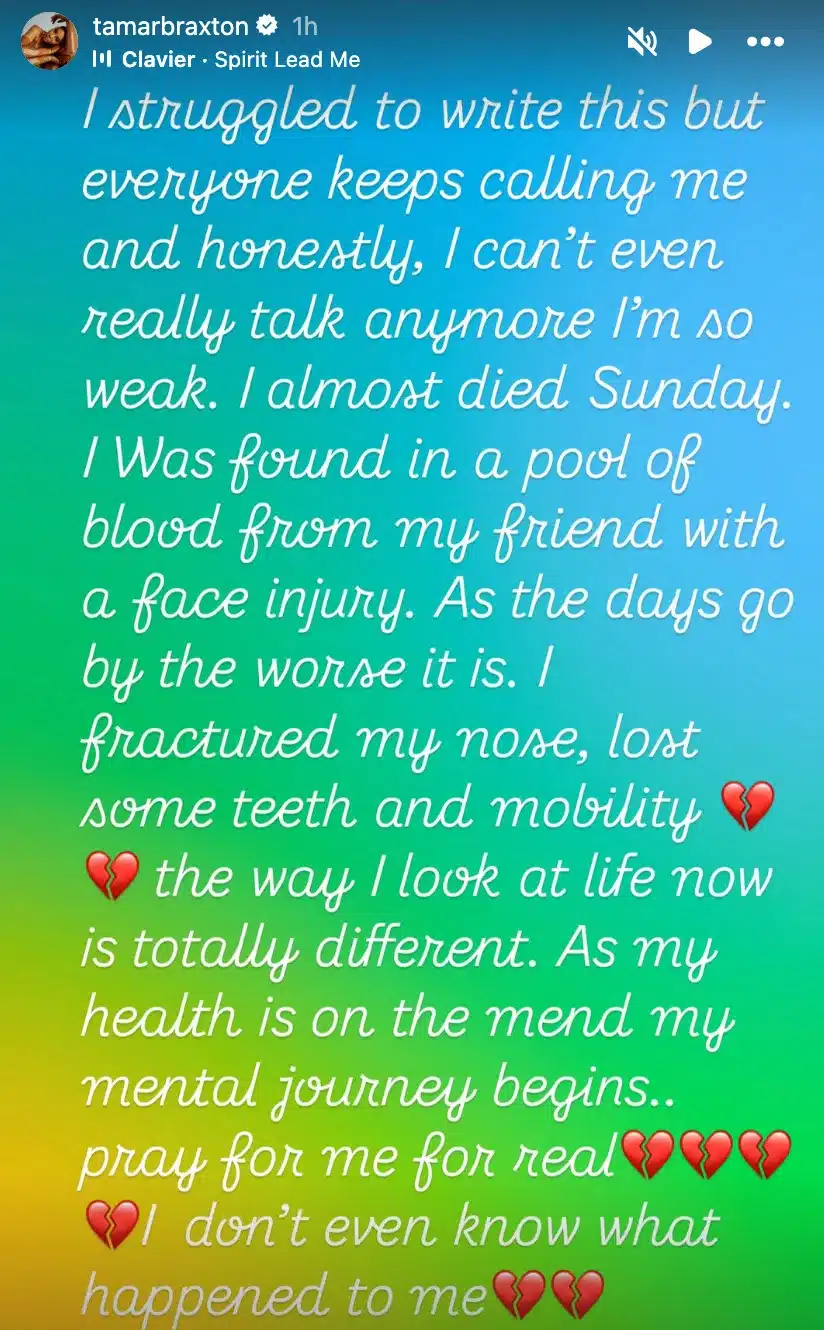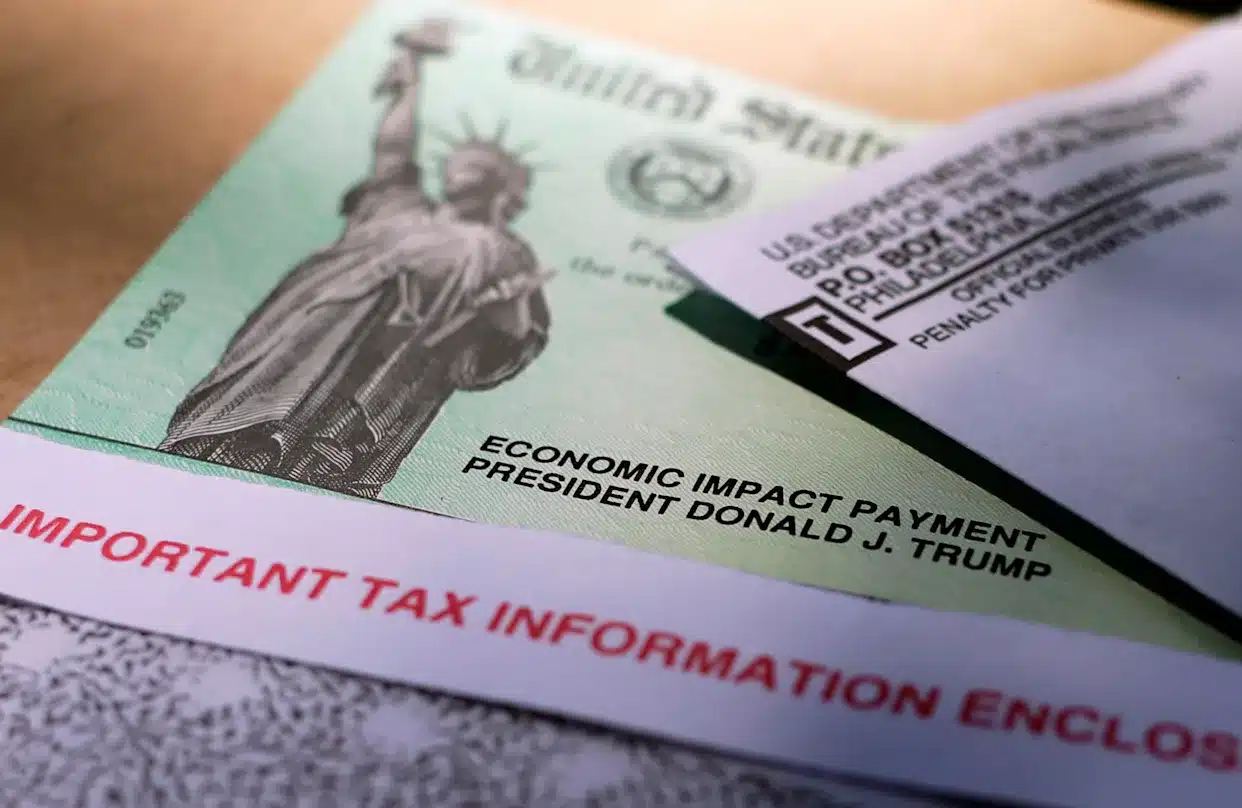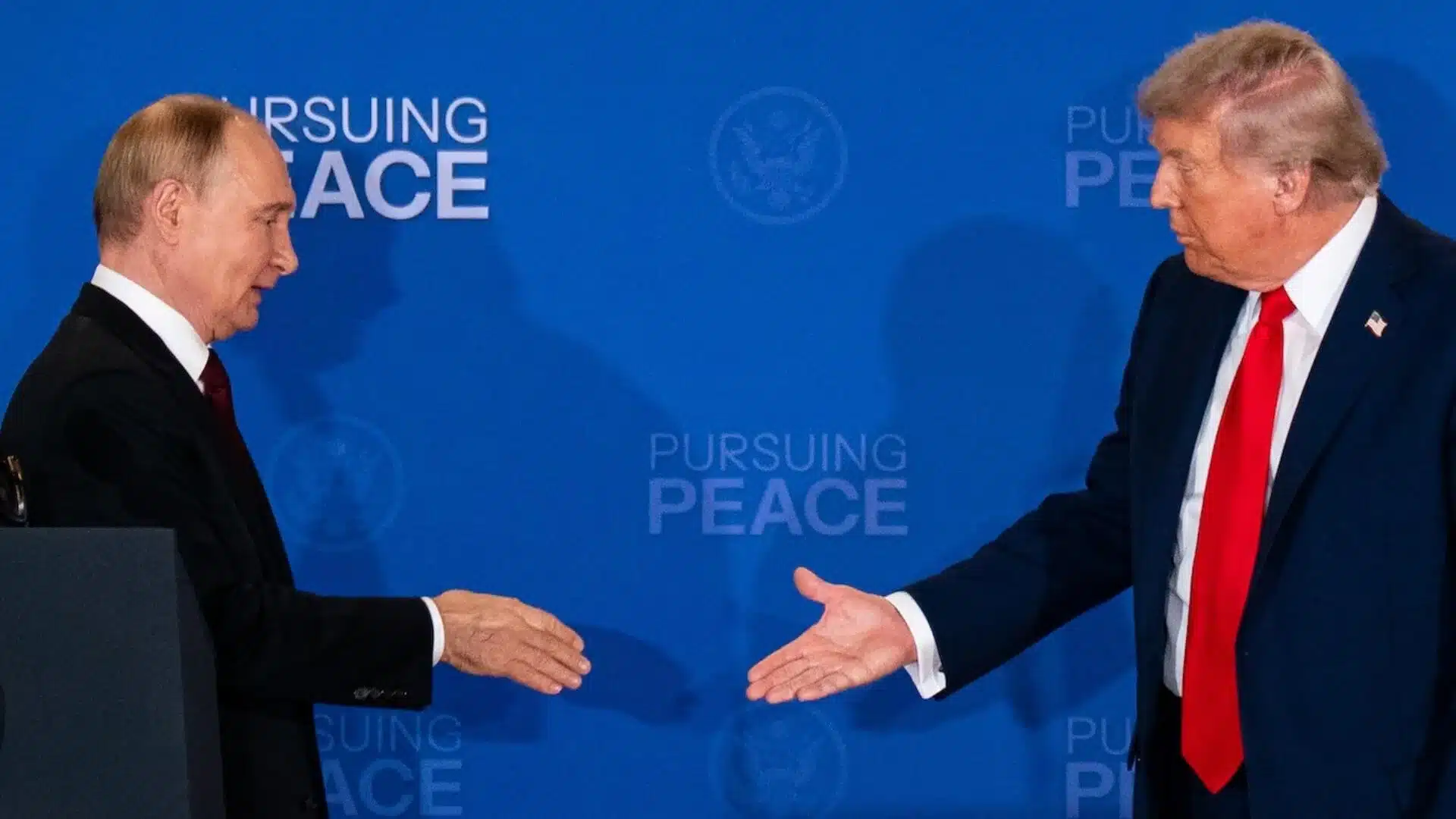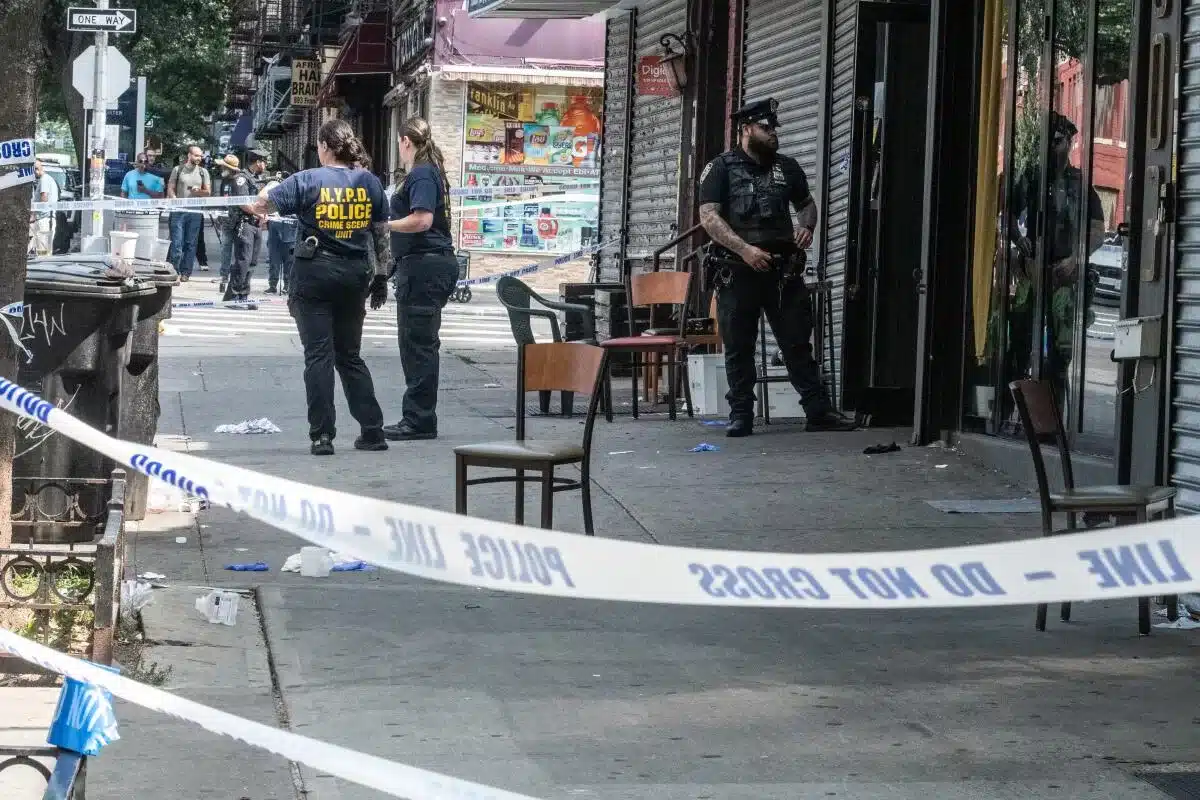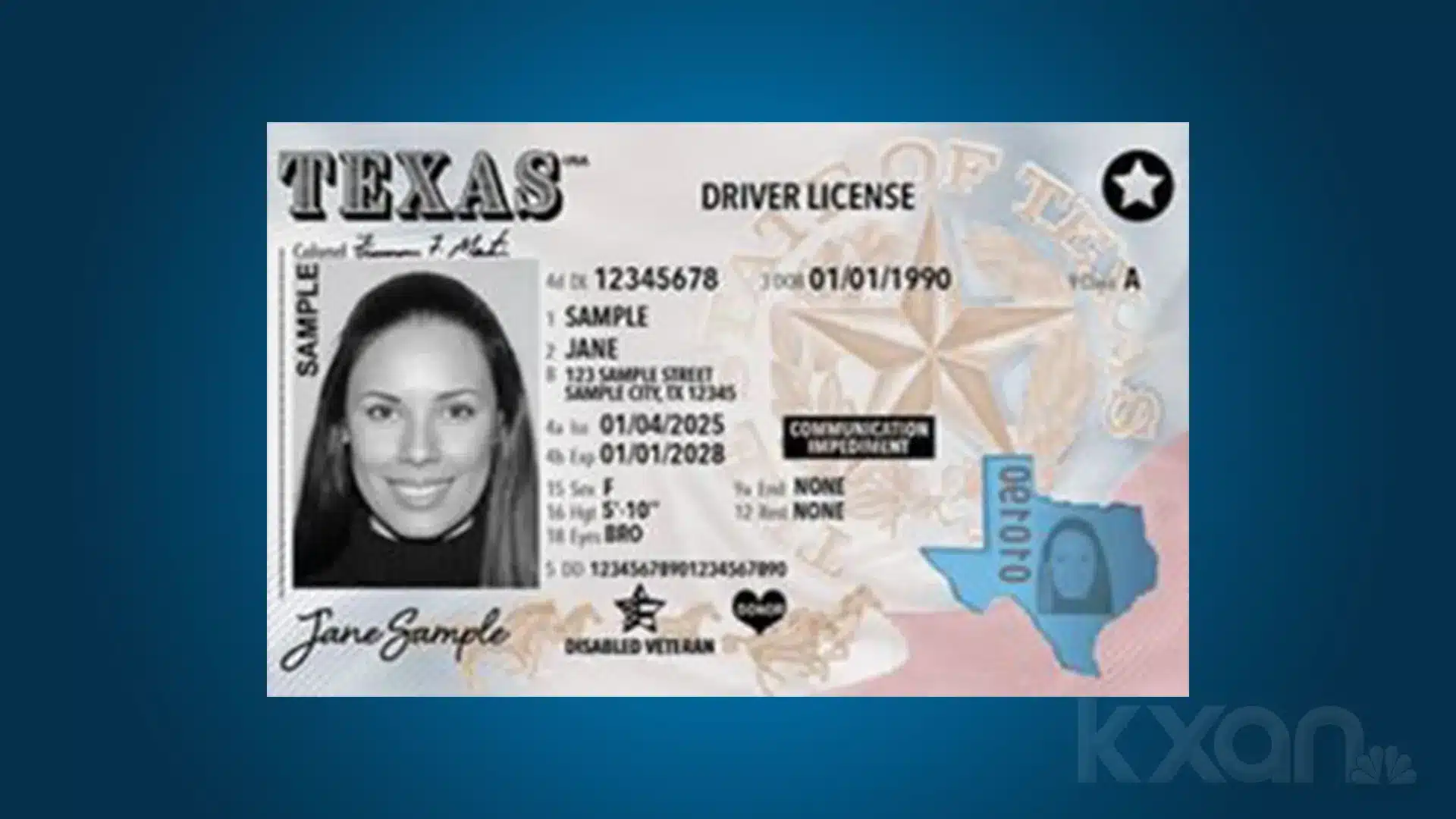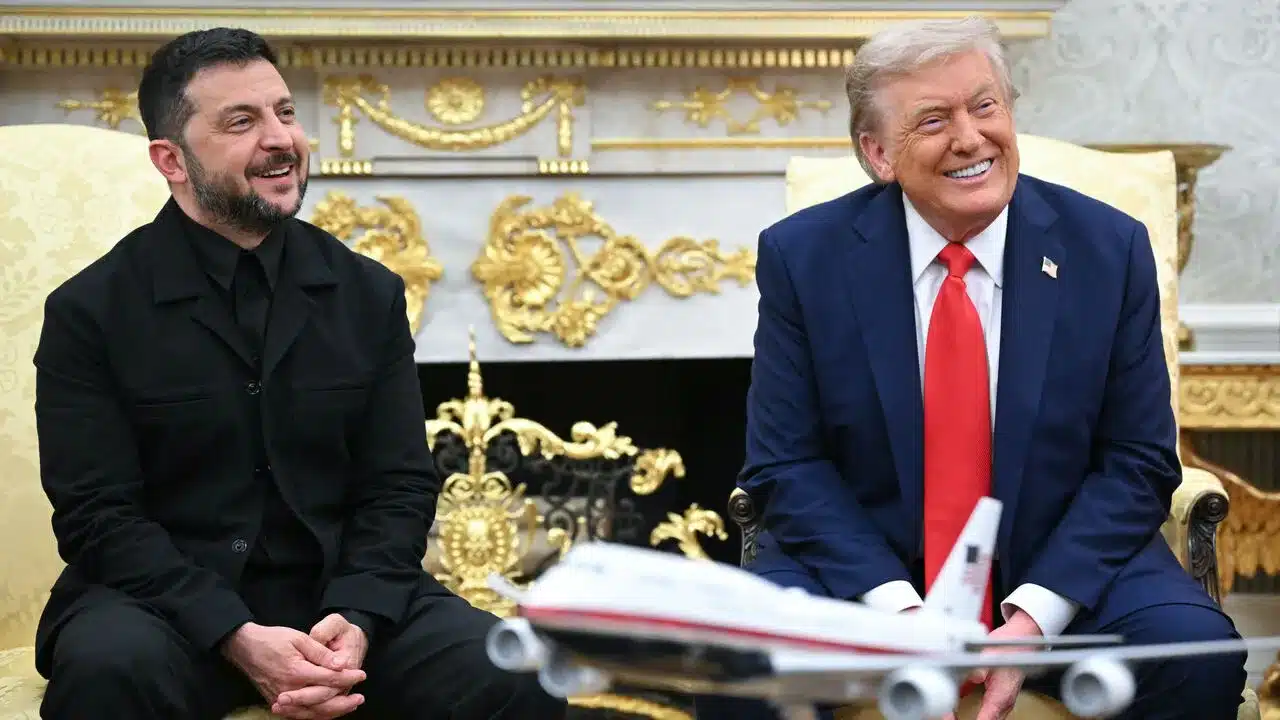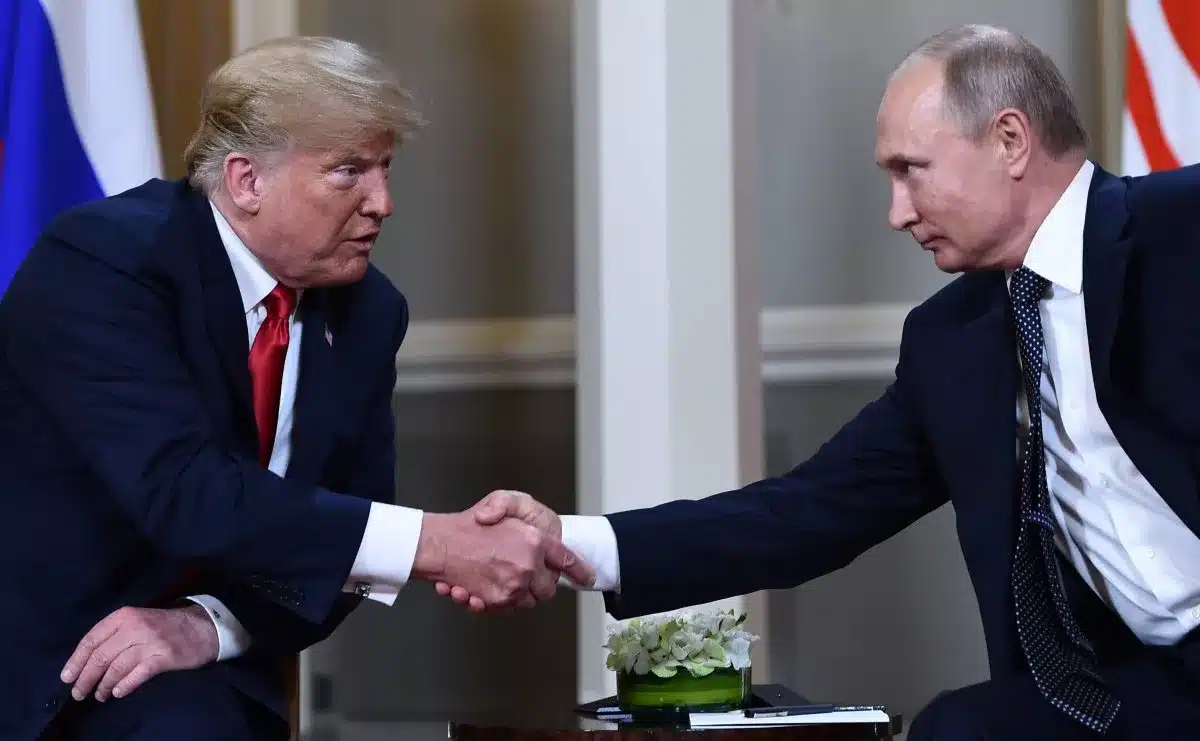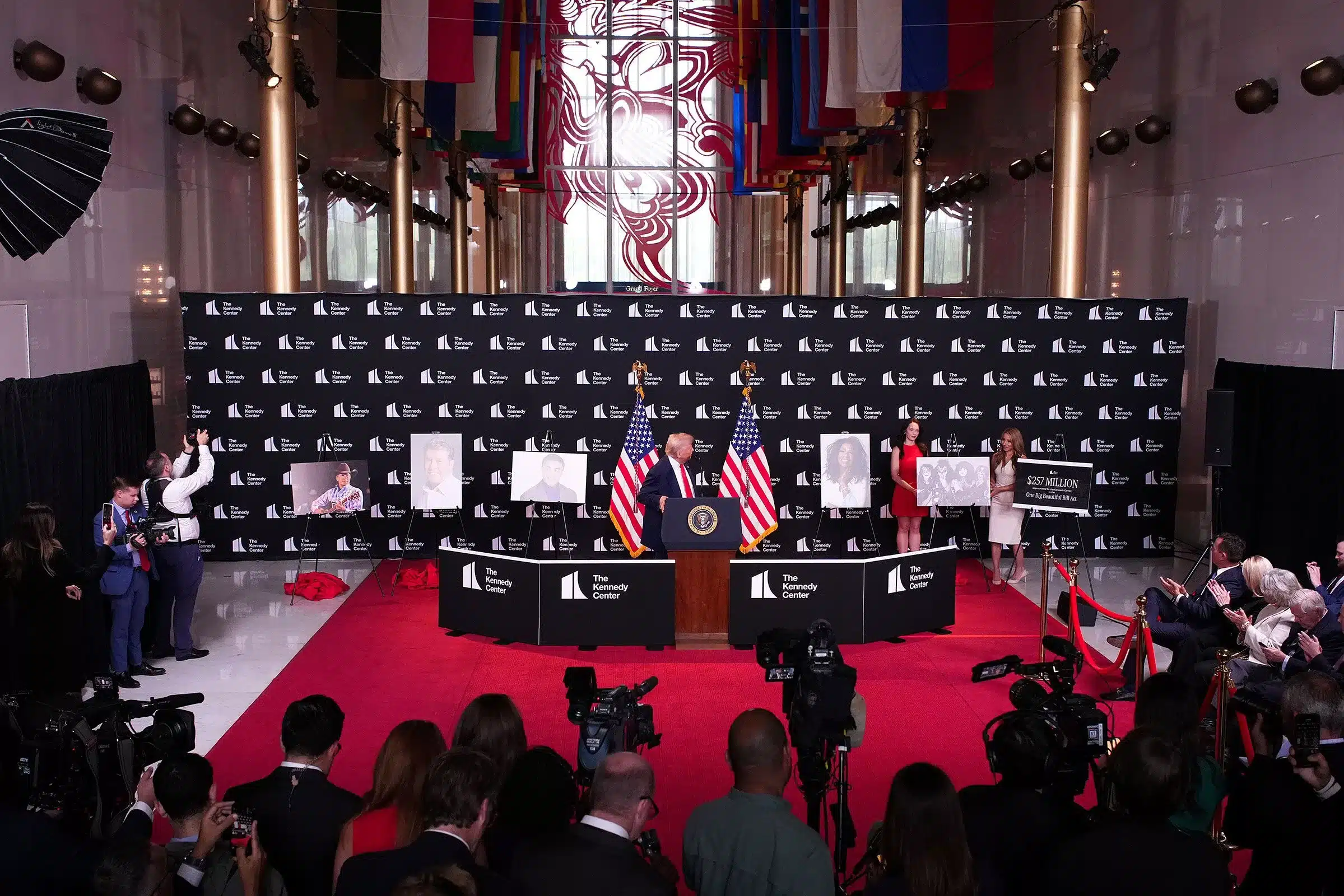
The Trump administration is signaling plans to deport Kilmar Abrego Garcia, a Salvadoran national facing federal human smuggling charges in Tennessee, to Uganda.
The move has drawn immediate accusations from his legal team that the government is using the immigration system as leverage to force a guilty plea in his criminal case.
According to a court filing made public on Friday, officials with the Department of Homeland Security (DHS) sent a notice to Abrego Garcia’s lawyers only minutes after he was released from criminal custody pending trial. The notice stated that DHS may seek to deport him to Uganda no earlier than 72 hours from the time of the communication, excluding weekends.
“Let this email serve as notice that DHS may remove your client, Kilmar Armando Abrego Garcia, to Uganda no earlier than 72 hours from now,” the message read in part. The timing raised immediate concerns among his attorneys, who accused the administration of trying to coerce their client into accepting a plea deal.
Simon Sandoval-Moshenberg, one of Abrego Garcia’s attorneys, called the development retaliatory. “The government’s decision to send Kilmar Abrego Garcia to Uganda makes it painfully clear that they are using the immigration system to punish him for exercising his constitutional rights,” he said in a statement to CNN.
He added that there were safer, more logical alternatives, pointing to Costa Rica, which had already offered to accept Abrego Garcia as a refugee or grant him legal status. “Instead, they are attempting to send him halfway across the world, to a country with documented human rights abuses and where he does not even speak the language. This is not justice; it is retaliation,” Sandoval-Moshenberg said.
The development follows a complex legal saga. Earlier this year, Abrego Garcia was wrongfully deported to El Salvador, where he was placed in a mega-prison before being returned to the United States in June to face federal charges. A federal judge, Paula Xinis, subsequently ruled that DHS must provide at least 72 business hours’ notice before any attempt to remove him to a third country, giving him an opportunity to raise claims of potential torture or persecution.
Despite that order, the new DHS notice leaves Abrego Garcia with little time to act. His legal team has argued in filings that the administration’s conduct shows a pattern of vindictiveness.
Their latest filing also revealed that earlier this week, the government offered Abrego Garcia a plea deal in which he would admit guilt to two federal charges. In return, after serving his sentence, he would be deported to Costa Rica. The Central American nation had sent a formal letter to the U.S. embassy offering to accept him.
That offer, according to his lawyers, was renewed Friday evening, shortly before DHS issued its Uganda notice. They said their client now has until Monday morning to accept the Costa Rica arrangement or lose the opportunity forever.
For Abrego Garcia’s attorneys, the juxtaposition of these offers highlights the government’s strategy. In their filing to Judge Waverly Crenshaw, they described it as a stark choice: plead guilty and be sent somewhere relatively safe, or fight the case and face deportation to Uganda, a country they say poses risks to his safety and liberty.
“There can be only one interpretation of these events,” the lawyers wrote. “The DOJ, DHS, and ICE are using their collective powers to force Mr. Abrego to choose between a guilty plea followed by relative safety, or rendition to Uganda, where his safety and liberty would be under threat.”
They concluded by urging the judge to dismiss the charges altogether, calling the government’s approach a clear example of “vindictive and selective prosecution.”
As of now, the court has not yet ruled on the motion, but the case highlights the increasingly high-stakes clash between immigration enforcement and criminal prosecution under the Trump administration. Whether Abrego Garcia’s trial moves forward, or whether he is removed to a third country before it can conclude, could set an important precedent for how immigration law intersects with federal criminal cases.



